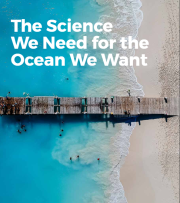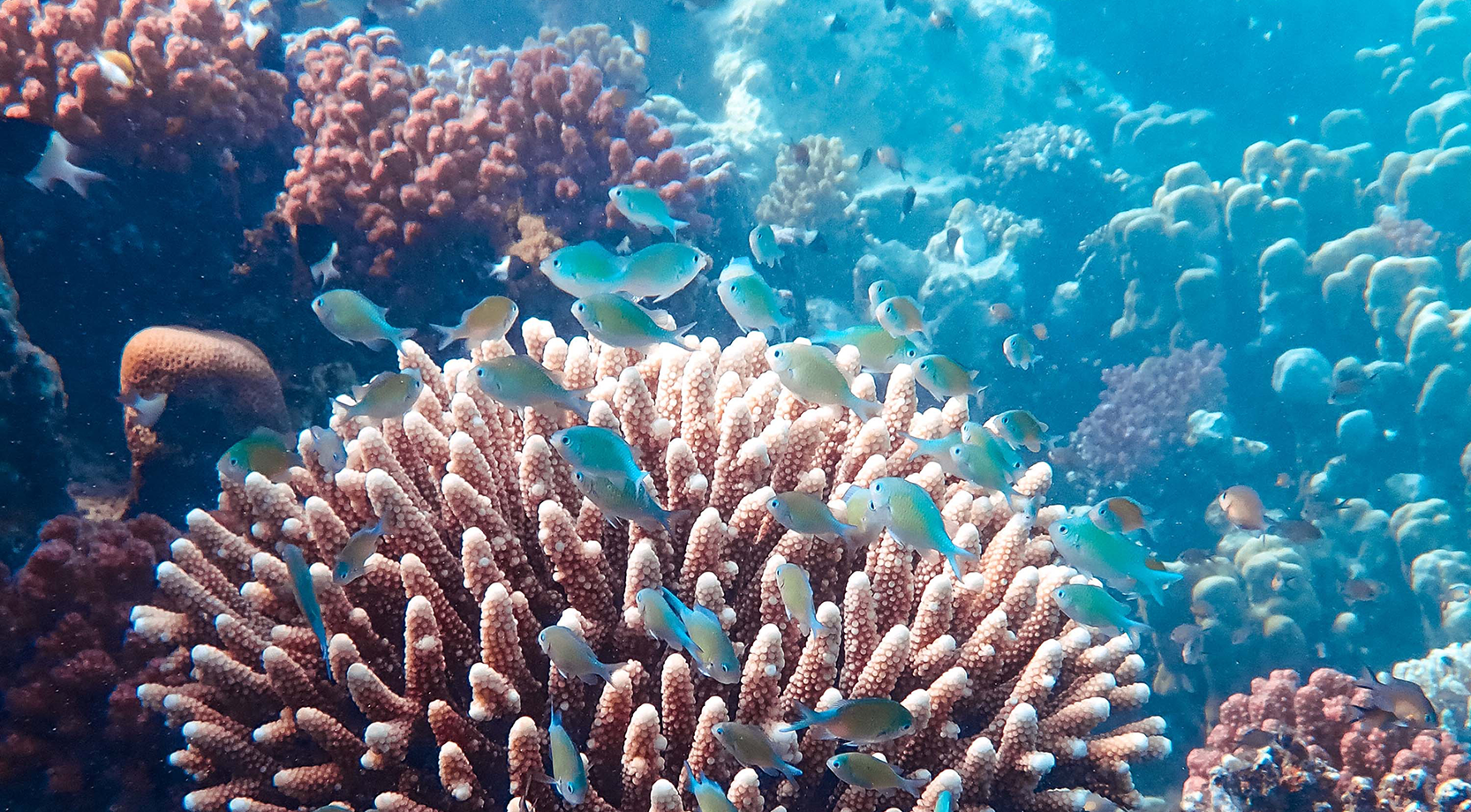The UNESCO/IOC Sub-Commission for the Western Pacific (WESTPAC) and University of the Philippines Marine Science Institute (UPMSI) are pleased to invite you to participate in the training workshop that will take place on 3 to 13 April 2023 in Bolinao, Pangasinan, Philippines
About the event
While the demand for marine goods and services continuously escalate, coral reefs around the world face increasing degradation caused by combined anthropogenic and natural disturbances which disrupt reef structure and functions. As a remediation, ecological restoration aims to assist the natural recovery of degraded, damaged, or destroyed reefs. Whenever natural reef recovery is outpaced by the rate of degradation, active restoration is employed to initiate recovery by physical, chemical, and biological restoration. The biological approach generally involves increasing coral cover through transplantation of corals, which are either asexually- or sexually-propagated. Apart from coral transplantation, direct larval reseeding of coral larvae is also being re-explored.
In the past two decades, many developments on various restoration techniques have been made, which offer various insights on their application. Given that each technique offers its own benefits that outweigh its consequences, guidelines on their general use appear to be scarce given with limited ways or attempts of comparison. This makes finding the best appropriate technique seemingly obscure and unguided.
With the increased occurrence of disturbances on the coral reef and growing necessity for ecological restoration efforts, the IOC Sub-Commission for the Western Pacific (WESTPAC) and the University of the Philippines Marine Science Institute (UPMSI) would like to establish a regional research network on coral reef restoration studies, and conduct training workshop on research and monitoring of the long term impacts of coral restoration.
The training workshop will mainly consist of lecture sessions and hatchery and field activities and observations. Key lectures will be given by lead scientists in coral restoration ecology from local and international agencies. All trainees will be given 10-15 minute presentation for their own restoration program or experiment.
What we aim to achieve?
This training workshop aims to review and evaluate the most common biological restoration techniques, present recent advances on other restoration techniques among countries, and develop general protocols on appropriate application of these techniques, especially on coral larval reseeding
Establish network of scientists and students who are interested in advancing coral restoration techniques and develop collaborative research on coral reproduction and reef connectivity that aims to enhance reef resilience at a regional level
- Who will participate?
The training workshop will establish a network of experts, researchers, government representatives and students from within and outside the region. Priority will be given to applicants who are conducting monitoring and research on coral reproduction in their selected sites. Other participants who are interested to join the network or develop collaborations, are welcome. They should have experience conducting research and monitoring on coral reproduction and communities, and/or be able to lead and carry out monitoring and research in their countries for moving forward.
How to register or apply financial assistance
For anyone who is interested in joining the event, please fill in the attached Registration Form.
There is a very limited resource in support of the international travel of some colleagues, particularly those from the developing states. A joint committee will be established to select the most suitable participants that would be provided financial support. The selection will be made mainly based on the applicant’s CV, his/her work experience, and his/her engagement in WESTPAC or other relevant international programmes.
Please submit registration forms duly completed to iocwestpac@unesco.org as early as possible, preferably before 4 March 2023.






